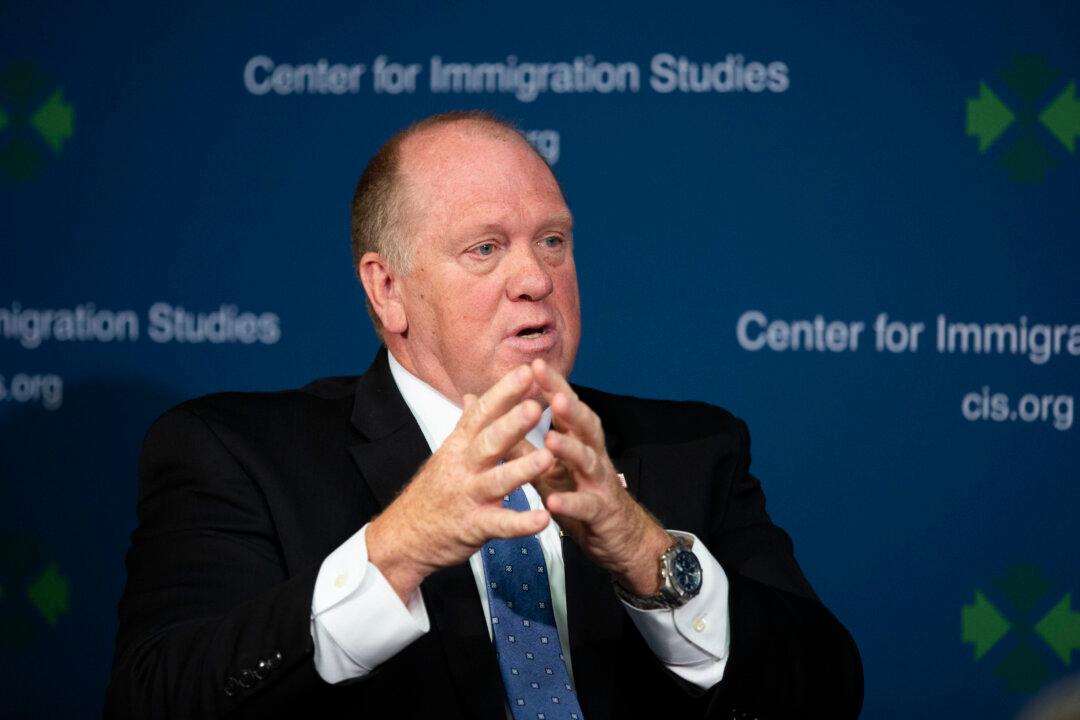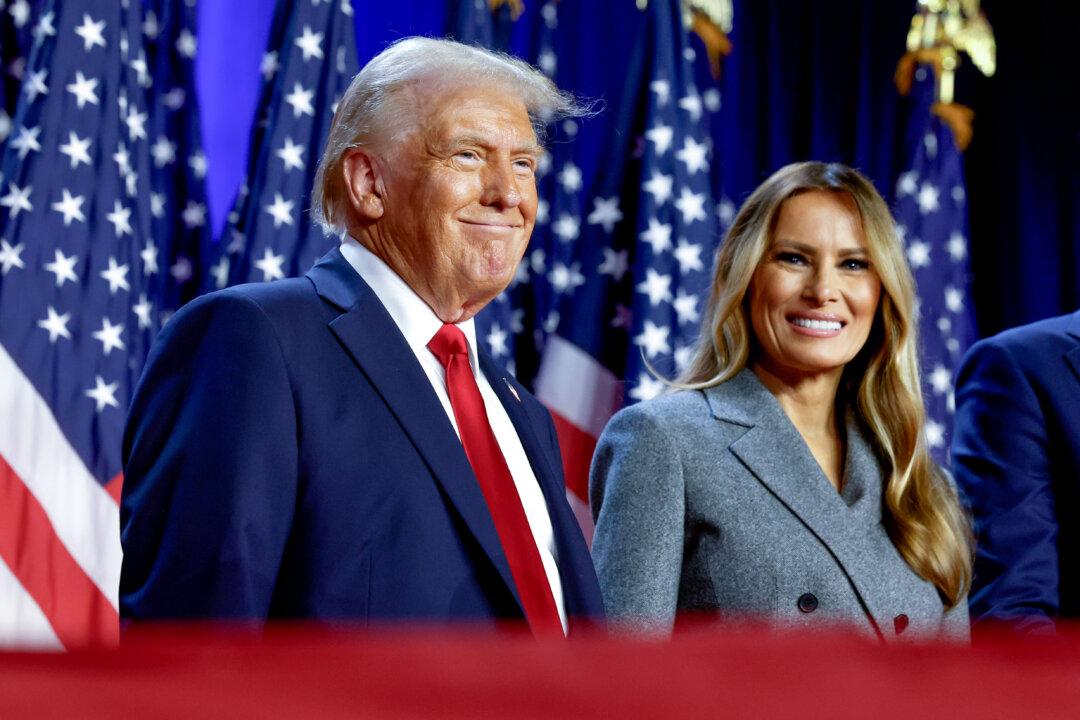The United States said that recent remarks by China’s envoy, in which he warned South Korea against betting on China’s loss in a rivalry with the United States, may have been intended as a “pressure tactic” on South Korea.
During a press briefing at the White House on June 12, John Kirby, spokesman for the National Security Council, was asked about Chinese envoy Xing Haiming’s remarks about U.S.–South Korea ties.
“It certainly appears as if there was some sort of pressure tactic here used,” Kirby responded. “South Korea is a sovereign, independent nation, a terrific ally, and a great friend not just in the region but around the world. They have every right to make foreign-policy decisions they deem appropriate.”
Xing made the remarks during a meeting with South Korean opposition leader Lee Jae-myung.
“The United States is trying its best to suppress China. Some people bet that the United States will win and China will lose,” Xing said. “Those who bet against China will regret it in the future.”
South Korea Awaits ‘Appropriate’ Measure
South Korean President Yoon Suk-yeol also questioned Xing’s attitude as a diplomat and said that his remarks were offensive to the people of South Korea, Yonhap News Agency reported.“Judging from ambassador Xing Haiming’s attitude, it’s [questionable] whether he has the attitude of mutual respect or promoting friendship as a diplomat,” Yoon said at a cabinet meeting on June 13.

An unnamed official from Yoon’s office said the government is waiting for “the Chinese side to carefully consider this problem and take the appropriate measure” regarding Xing’s “distorted” remarks.
“If the bridging role is not appropriate, it could harm the national interests of both the home and host countries,” the official said, according to Yonhap News Agency.
Chinese Foreign Ministry spokesperson Wang Wenbin has previously defended Xing’s actions and stressed that China is not to blame for the challenges in relations between China and South Korea.
Washington Declaration
On April 26, Yoon and President Joe Biden signed the Washington Declaration that outlines a set of U.S. extended deterrence measures, which drew criticism from Chinese state media.In the declaration, South Korea expressed “full confidence” in U.S. extended deterrence commitments, and Washington pledged to make “every effort” to consult with South Korea on “any possible nuclear weapons employment” in the region.
The Chinese state-run Global Times on April 29 suggested that “if Seoul ignores warnings from China, Russia, and North Korea and completely executes U.S. order for ‘extended deterrence’ in the region, South Korea will likely face retaliation from China, Russia, and North Korea.”
In an interview with Korean broadcaster KBS on May 19, Unification Minister Kwon Young-se said South Korea “will be constrained in every way” if it wants to solve the North Korean problem through China.
“What we should consider is that an epochal strengthening of the Korea-U.S. alliance will give Korea much more [diplomatic] leeway in its future dialogue with China, and from this point of view, [strengthening the Korea-U.S. alliance] can be a weapon for us,” he added.
The United States has persisted in engaging in “direct talks” with North Korea without preconditions in favor of a diplomatic solution, but North Korea has rebuffed these efforts.





